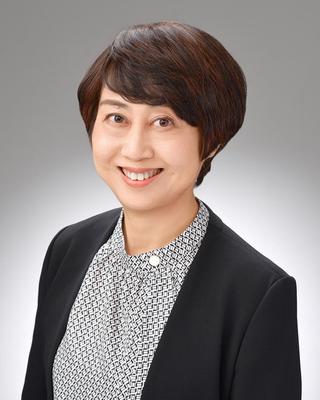Paper Finance and the Social Security System 2017.11.24
Efforts to promote special collection(Withholding System)of individual residents' tax and future courses of action
Introduction
As demonstrated by the August 22, 2014 release by the National Residents' Tax Council of a "Statement on Promotion of Special Collection(Withholding System)of Individual Residents' Tax," recently local governments in Japan have been focusing efforts on promoting special collection of individual residents' tax. The Local Tax Act calls for an employer (as a party obligated to conduct special collection) to employ special collection if it has even one salaried employee (taxpayer). (Ordinarily this does not apply to cases such as when paying salary to two or fewer persons employed in housework.) However, nationally only about 70% of such employers conduct special collection. Since the devolution of tax sources in 2007, individual residents' tax has been growing even more important. Under such circumstances, local governments have realized anew that the system of special collection is an efficient one that is beneficial for both employees and employers, as well as local governments, and they have been focusing efforts on its promotion over the past few years.
Until now it has been thought that enforced designation of use of special collection would be impractical for the most part. Most local governments visit with employers to request their cooperation in special collection and accept employers' requests to use ordinary collection instead. Thus, even though in principle special collection is to be used, local governments have been in a weak position to enforce it. The city of Aki in Kochi Prefecture was the first to enforce use of special collection. Instead of visiting employers, Aki sent them a notice of designation of special collection one year in advance and then began enforcing special collection the following year. As other local governments learned about Aki's efforts, opportunities have been created in Shizuoka and Kumamoto prefectures for local governments in those prefectures, inspired by their participation in lectures led by the city of Aki, to take leadership in promoting the system in their own prefectures as well. While local governments in the greater Tokyo area have been slower than those in other prefectures to adopt such efforts, a trend toward promotion of special collection is apparent there too. In the 65th meeting of heads of nine local governments in the region, held May 20, 2014, the governor of Saitama Prefecture called for cooperation in promoting special collection of individual residents' tax. A look at information sources including prefecture websites shows that there were plans to designate that all eligible employers use special collection beginning in fiscal 2015 in Saitama, Ibaraki, and Tochigi prefectures and beginning in fiscal 2016 in Kanagawa and Chiba prefectures, while the Tokyo Metropolitan Government also is promoting special collection throughout its jurisdiction.
The reasons for failure to promote special collection, while differing somewhat in part among local governments, generally are similar in nature. Despite their individual circumstances, compliance with the law is an important precondition, and for this reason local governments have no choice but to make appropriate efforts to ensure compliance. There is no reason why other local governments should not be able to replicate the success of the city of Aki. Accordingly, in part as encouragement for local governments aiming to achieve thorough compliance with special collection in the future, this paper will introduce the efforts of local governments that have taken leadership in this area-the city of Aki and Shizuoka Prefecture-and consider issues and future prospects related to special collection.
Efforts to promote special collection(Withholding System)of individual residents' tax and future courses of actionPDF:856KB
(This article was translated from the Japanese transcript of Dr. Kashiwagi's column.)
